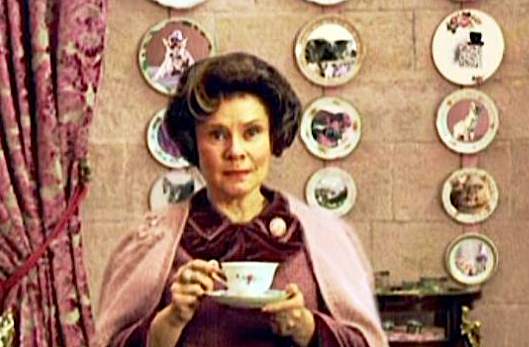DSC
Superstar
Member Bio
- Joined
- Jan 13, 2008
- Messages
- 19,246
- Reaction score
- 27,014
- Location
- St Lawrence Market Area
I agree with you that a government has no business in setting minimum prices for things but I must say I will not be accepting any invites to your social gatherings if you will be serving cheap beer to guests who just 'want to get hammered'. The problem with any cheap beer (or wine, dare I say) that I have had (and I have had lots!) is that they actually don't taste very good (at least not until one IS 'hammered'.Shouldn't it be up to the free market to decide what we like and don't like? Buck-a-beer means that I can purchase larger quantities of it at a time for both my own personal use and as party favours. My guests won't give two fracks about the brand or pedigree as long as it tastes good and gets them hammered. You can be elitist and snob against it if you want to, but Doug is addressing a need that's at least for now being fulfilled.






